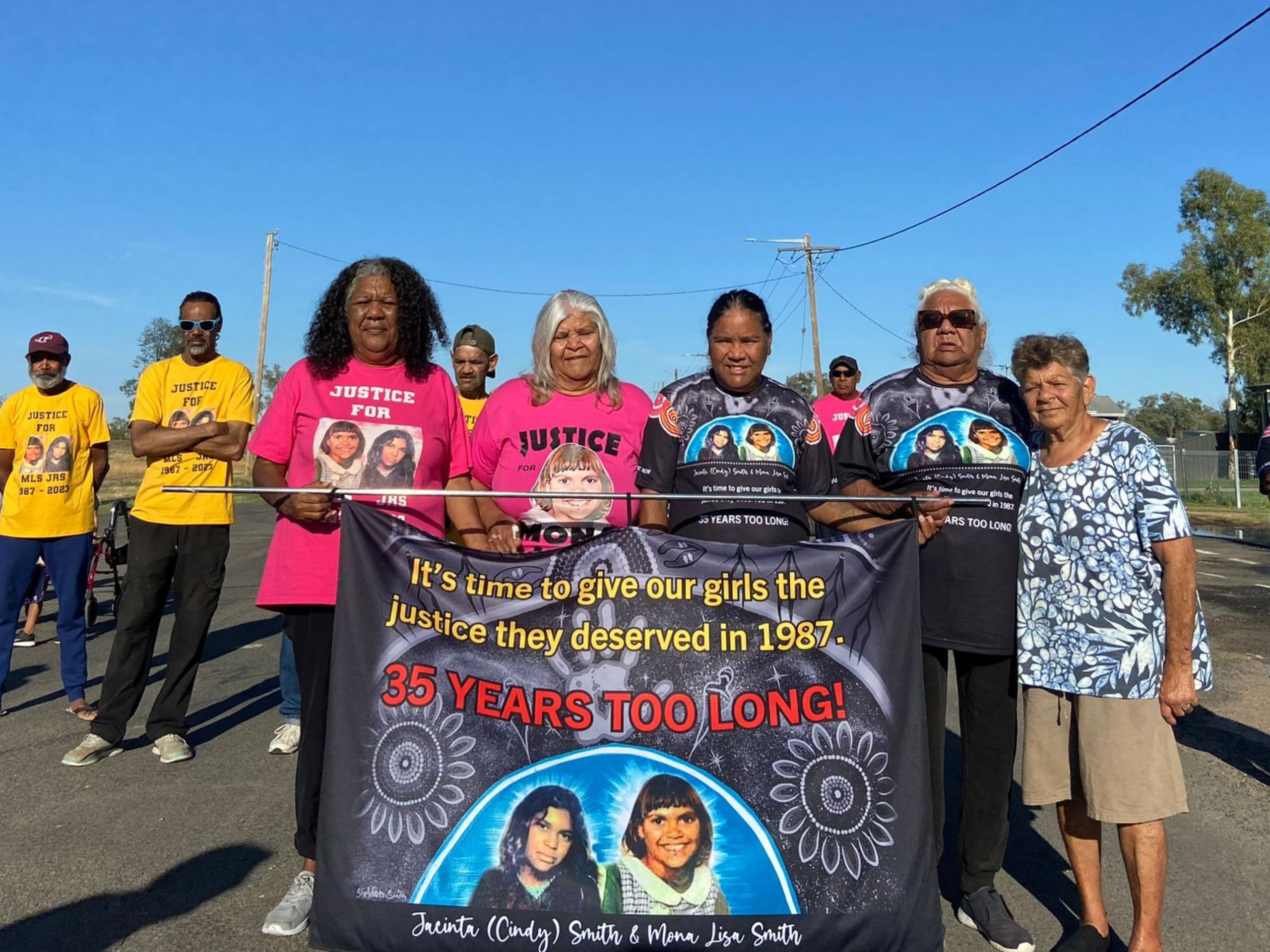03/08/21
The National Justice Project, in conjunction with the National Justice Project Social Justice Clinic operating at Macquarie University, has authored a submission to the Australian Law Reform Commission Judicial Impartiality Inquiry.
Our submission discusses how implicit bias impacts First Nations people, culturally and linguistically diverse communities, and women in the legal system. Our submission shines a spotlight on how different types of bias can prejudice these groups when they are a party to a legal case, or when they themselves practise in the legal profession.
In our submission, we highlight that judicial discretion “plays an integral role in the manifestation of implicit or unconscious biases.” We emphasise that when judges are granted wider discretion in sentencing, “extra-legal factors such as gender and race influence the outcome of the case.”
Our submission draws upon the findings from the 1991 Royal Commission into Aboriginal Deaths in Custody, which exposed systemic discrimination which First Nations people face in the criminal justice system.
The failure to implement the recommendations of the Royal Commission, First Nations people continue to suffer the consequences of an incarceration crisis defined by higher frequency and longer sentences of incarceration as compared to non-Indigenous Australians.
The submission also notes how the assumption of judicial impartiality fails to understand how “unconscious biases of judges makes it hard for them to put aside influence stemming from the gender, race and culture of parties.”
Our submission puts forward various recommendations to reduce judicial impartiality, including mandating impartiality and bias training for judges led by impacted communities and the abolishment of the self-recusal model for handling questions of judicial bias.
An increase in the diversity of juridical panels is also fundamental to “promote the confidence of groups who have been distrustful of the legal system’s commitment to impartiality,” in addition to reducing the inequalities between individuals who enter the legal profession. The submission also proposes to collect statistical data on judges’ decision making, to allow them to confront their own potential implicit biases.









